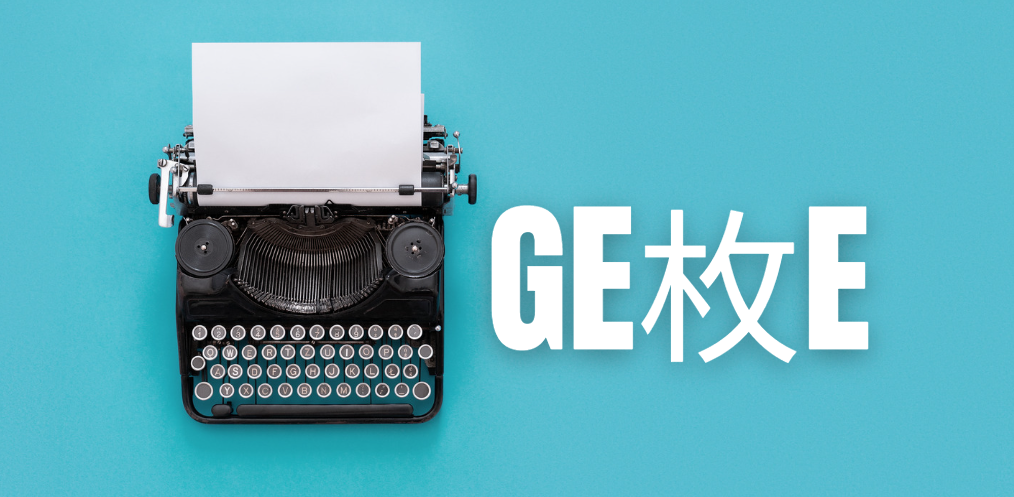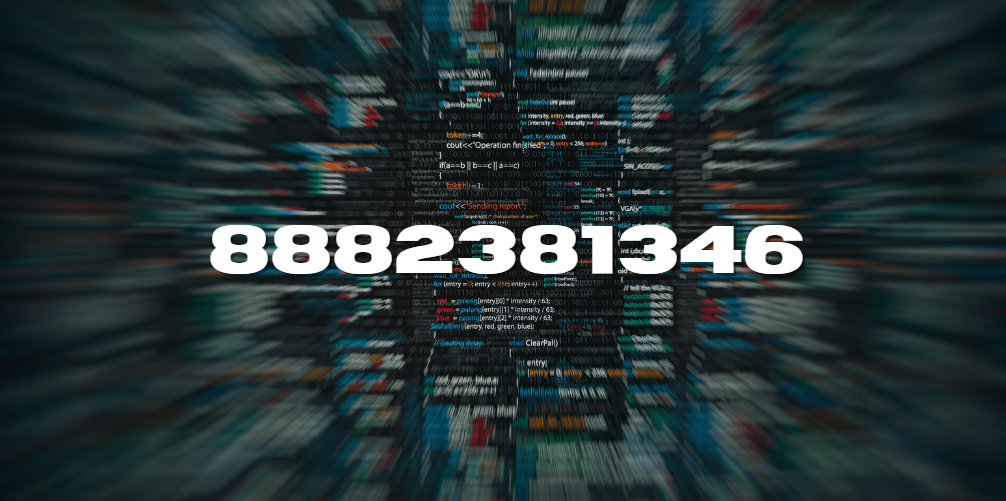Artificial Intelligence (AI) interviews are reshaping the hiring process by providing a faster and more streamlined approach than in-person interviews. Companies use AI technology to assess applicants’ qualifications, skills, and suitability for a position. Here are some frequently asked questions about AI interviews:
Contents
- 1 What is an Artificial Intelligence Interview?
- 2 How Does an Artificial Intelligence Interview Work?
- 3 What Questions Are Asked in an AI Interview?
- 4 What if There Is a Technical Issue During the Interview?
- 5 What Are the Benefits of Artificial Intelligence Interviews?
- 6 Maximize Recruiter Efficiency with Interview Intelligence
What is an Artificial Intelligence Interview?
An AI interview uses artificial intelligence during the hiring process to perform and analyze interviews. The interviewee answers automated questions before a screen, then AI algorithms analyze their responses. Candidates are assessed by the AI based on their tone of voice, facial expressions, and verbal responses.
How Does an Artificial Intelligence Interview Work?
AI systems generate interview questions based on candidate CVs, skills evaluations, and job criteria. Some tools allow recruiters to tailor questions to suit their preferences. Candidates can respond to automated interviewers around the world based on their time zones.
AI algorithms analyze the candidate’s verbal and nonverbal cues in real-time during the interview. The system evaluates the facial expressions, speaking patterns, and response times of each interviewee. Through careful examination of the collected data, the system can offer detailed feedback on each candidate. Human recruiters use these insights for further consideration.
What Questions Are Asked in an AI Interview?
Automated interviews include different types of questions to evaluate a candidate’s skills, experiences, and personality. Behavioral questions are designed to explore past experiences as indicators of future behavior. Situational questions assess problem-solving abilities, while technical questions gauge domain knowledge relevant to specific roles. Feedback on each candidate incorporates their responses to these inquiries.
What if There Is a Technical Issue During the Interview?
Most interview intelligence tools undergo testing and regular maintenance to avoid technical issues. When these issues occur, candidates should check their internet, camera, and microphone configuration first. If they are unable to solve the problem, they should inform support or the interviewer. Interviewers can reschedule the interview upon request if the problem persists.
What Are the Benefits of Artificial Intelligence Interviews?
Artificial intelligence interviews improve the recruiting process to the benefit of candidates and companies alike. They boost employee productivity by cutting down on the time it takes to hire. Recruiters concentrate on the most promising individuals by rapidly screening many applicants at once.
AI provides uniformity of assessment by setting the same standards for each candidate. This reduces the possibility of interviewer bias, promoting fairness. AI systems can evaluate a candidate’s tone, word choice, and facial expressions, providing data-driven insights. This comprehensive assessment facilitates candidate selection based on fitness for the role and corporate culture.
Automated interviews provide candidates with convenience and flexibility. Interviewees can conclude the process at their convenience. There are no time zone restrictions or issues with clashing schedules. With automation, applicants get a fair chance of evaluation. Each candidate must answer the same questions and undergo the same evaluation standards.
Maximize Recruiter Efficiency with Interview Intelligence
Interview intelligence enhances hiring processes by boosting efficiency and ensuring fairness. Companies should choose AI interviewing tools that effectively utilize this advanced technology. Finding interview intelligence tools with the right features for your company will help maximize recruiter productivity while finding the right employees for the job.




